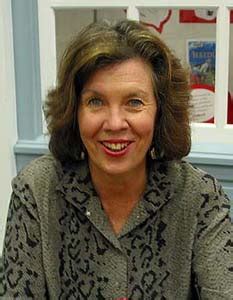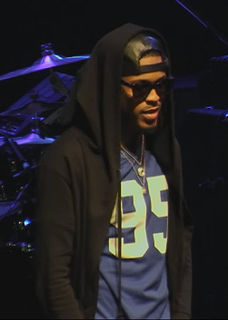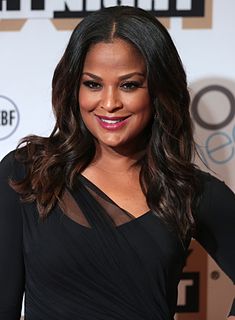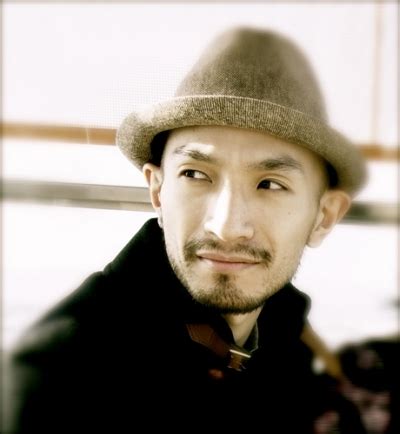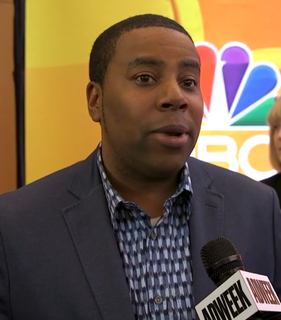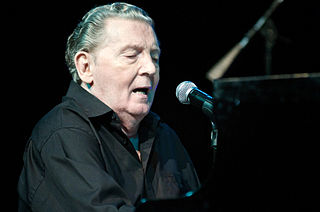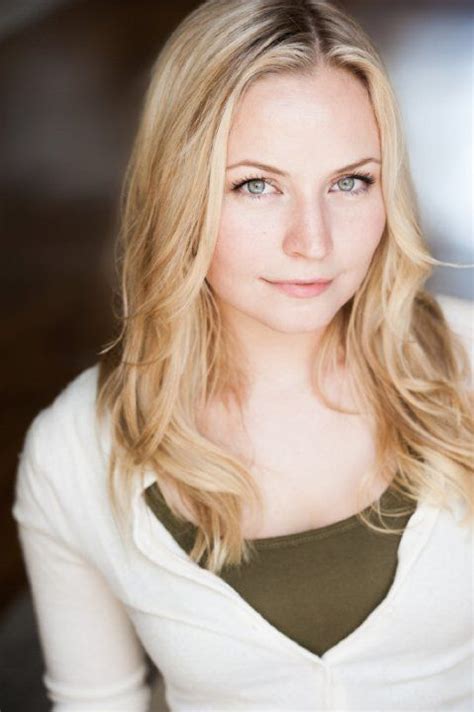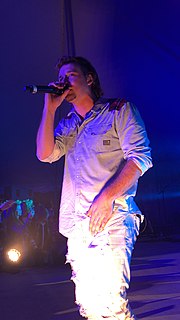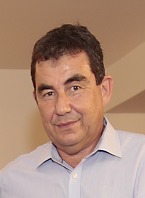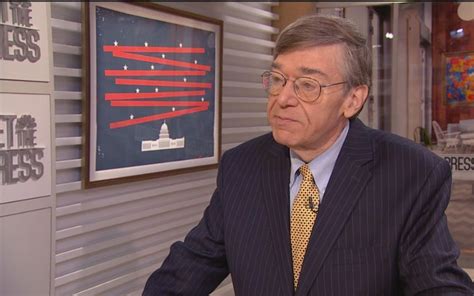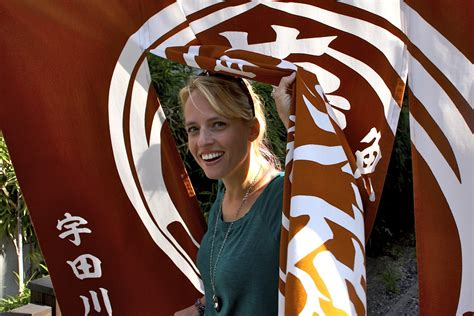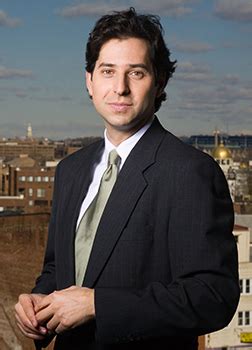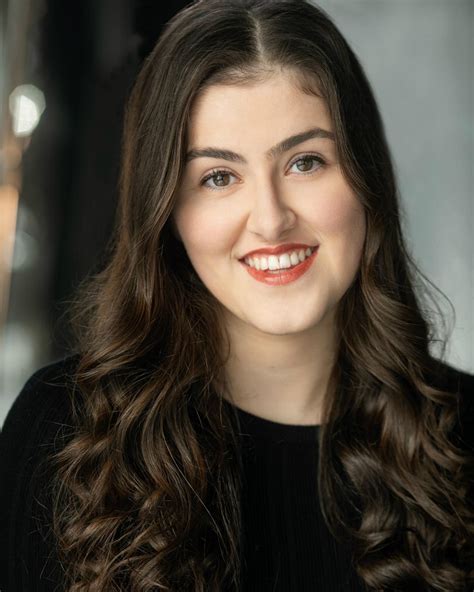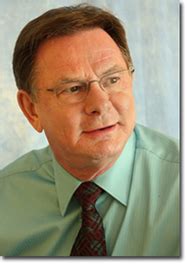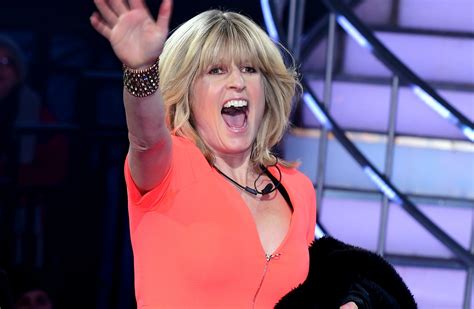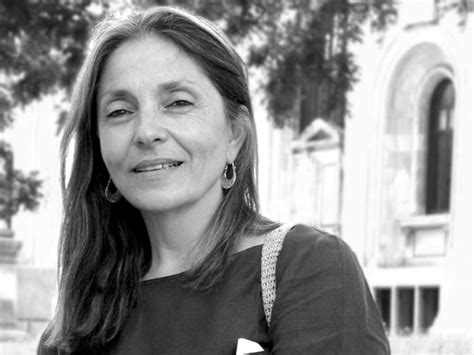A Quote by Rheta Grimsley Johnson
The work saved me. I clung to it like flotsam in a boiling sea. It was the only solitary sport that I ever played, or was any good at. It felt natural to sit at my computer and type and type some more. For entire minutes, while writing, I could forget the godawful thing that had happened. I could forget that nothing really mattered anymore. Perhaps, if I set my sights low, I could care again about some small thing. I would type a word. One word. Then another. I started to care about the words, then entire sentences.
Quote Topics
About
Again
Another
Any
Anymore
Boiling
Care
Computer
Could
Entire
Ever
Felt
Flotsam
Forget
Good
Had
Happened
Like
Low
Mattered
Me
Minutes
More
Natural
Nothing
One Word
Only
Perhaps
Played
Really
Saved
Sea
Sentences
Set
Sights
Sit
Small
Solitary
Some
Sport
Started
Then
Thing
Type
While
Word
Words
Work
Would
Writing
Related Quotes
I'll tell you what's crazy: Nobody in my family is musically inclined, no form, fashion, anything. I always had some type of connection to music though. This was long before I ever knew that I could sing, or I ever even tried to start singing. It was something different, man, it made me feel some type of way.
I became much more interested in plot when I really didn't consider myself a writer anymore. When I was in an art context and I started to do installations, that was when writing of mine almost returned to fiction. Earlier I felt like I didn't have anything to write about, I could only concentrate on the page, I could only concentrate on words.
I feel like the reason I ended up becoming a playwright is because I never choose the right word. As a kid, my fantasy profession was to be a novelist. But the thing about writing prose - and maybe great prose writers don't feel this way - but I always felt it was about choosing words. I was always like, "I have to choose the perfect word." And then it would kill me, and I would choose the wrong word or I would choose too many perfect words - I wrote really purple prose.
I started typing diary in, I don't know, 1978 or '79, but then the computer changed that a lot. Because with the computer if you were writing and you realized you had three sentences in a row that started with the word "he," you could fix that right up, whereas on a typewriter you'd think, "Well, I'm not going to change the whole page. It's my diary." So that made a difference.
It was an incredible way to grow up, because words that you're taught - these definite things - you realize they sort of beautifully fall apart; that words are tenuous. In the middle of a large word, there's a small word that possibly contradicts the larger word. So I grew up where, on the one hand, the only thing I would ever think of doing was something in writing, music, or art, and on the other hand, I could've reacted strongly against it because it would've been a way to rebel.
When I started acting, doing theater stuff at a young age, I was always the comic relief-type roles, so I knew I had a funny bone and could make groups of people laugh, but I didn't really take it seriously until I started getting paid on a weekly basis; then I was like, 'Oh, well, this could be a lifestyle.'
CBGB was a wild place, ... The first time I ever played there was in 1987, I think, with my hardcore band, Scream. And I remember the craziest [thing] about that club was you could be in
front of the stage and it could be louder than any show you've ever been to in your life. But if you were towards the back of the club at the bar, you could sit and have a conversation with
someone. It was the weirdest thing to me.
Normally, things are viewed in these little segmented boxes. There's classical, and then there's jazz; romantic, and then there's baroque. I find that very dissatisfying. I was trying to find the thread that connects one type of music - one type of musician - to another, and to follow that thread in some kind of natural, evolutionary way.
The expression I use: Pain + Reality = Progress. Whenever I would have a painful mistake, I started to view that as puzzles that would give me gems if I could solve the puzzle. So, it made me thoughtful - what should I do differently next time? That was the puzzle. And the gem was some principle for handling the same thing when it came along again, and then I would write it down. And by writing it down and referring to it, and also being able to show it to other people so that we could agree that that was a good way of handling that thing - that was very, very powerful.
When I was single and on Tinder, that was a good little "Hey, did you ever see this movie?" thing. I would never bring it up myself, but if they mentioned it, then cool, that could work for me. But then on the other hand, if they're like a superfan, that could be weird if that's all they're seeing. They think of you as that character more than who you actually are.
Writing on a computer feels like a recipe for writer's block. I can type so fast that I run out of thoughts, and then I sit there and look at the words on the screen, and move them around, and never get anywhere. Whereas in a notebook I just keep plodding along, slowly, accumulating sentences, sometimes even surprising myself.
